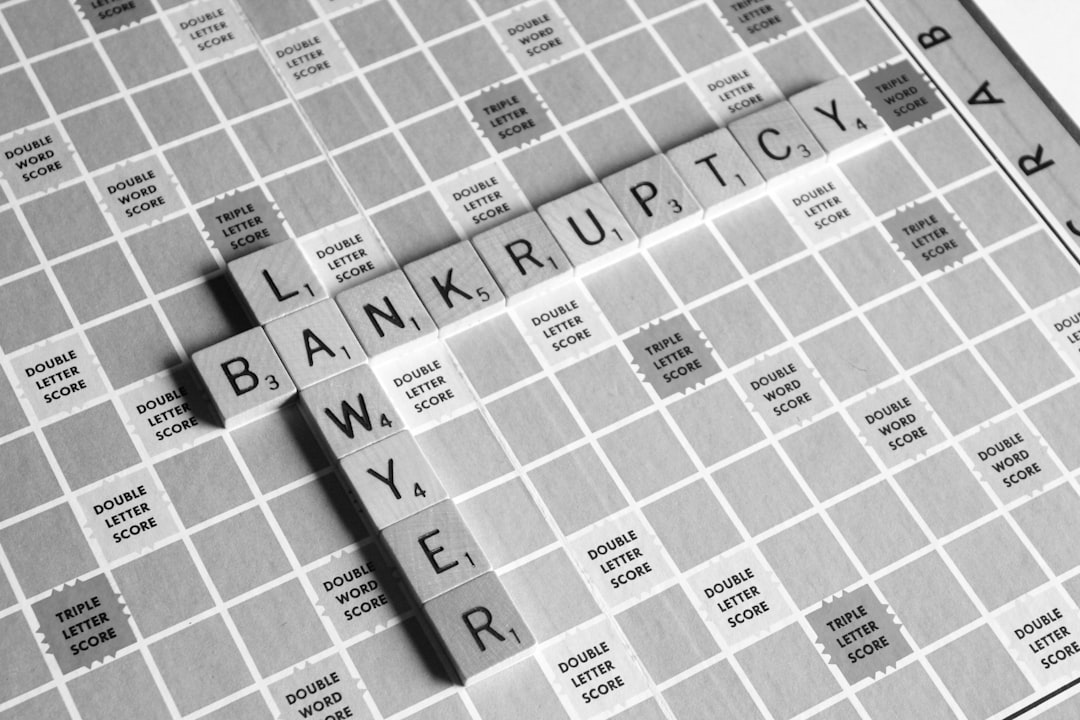
Whereas the process of applying for some loan can be as simple as meeting the qualifications, situations may arise when you are not able to pay the loans back. The most commonly asked question by most debtors who have a hard time settling the debts is what next for them. Most people and even businesses may never like the discussion about bankruptcy but now that it has already hit some people, you must know some key things about this big threat. Through the article herein, you will learn more about what happens when you file for bankruptcy.
One of the most basic thing that you need to know about is the process and whatever happens in court. The decision about bankruptcy is made in court and this is through a judge and an independent contractor who is hired for this service. The two parties will take their time and have a review and finally make a decision whether you are eligible for bankruptcy or not.
Another important point for you to note is the fact that we have very many types of bankruptcy. Some of the bankruptcy types are chapter 11, chapter 12 and chapter 13 whereas chapter 7 is the most common. You also ought to know that chapter 12 is in most cases occupation-based occupation-based. Although chapter 7 bankruptcy may forgive most of the debts, you may have to sell some of the important bassets that you own to pay the debt.
As a debtor, it is important to know that this process is very long as well as expensive. You should always seek to meet the credit counselor for bankruptcy and debt and at the same time assemble all the information that may be necessary for you. Always try to show the court that you have tried all that you could to settle the situation.
You also need to know that normally there are plans to have a look at your financial situation as arranged by the court. This is done by the court trustee, the lawyer and the creditor. It is, however, important to note that this process is not a one-day event and could take as long as several months before any approvals are made. The tips above should give you a clue about what to expect when filing for bankruptcy.